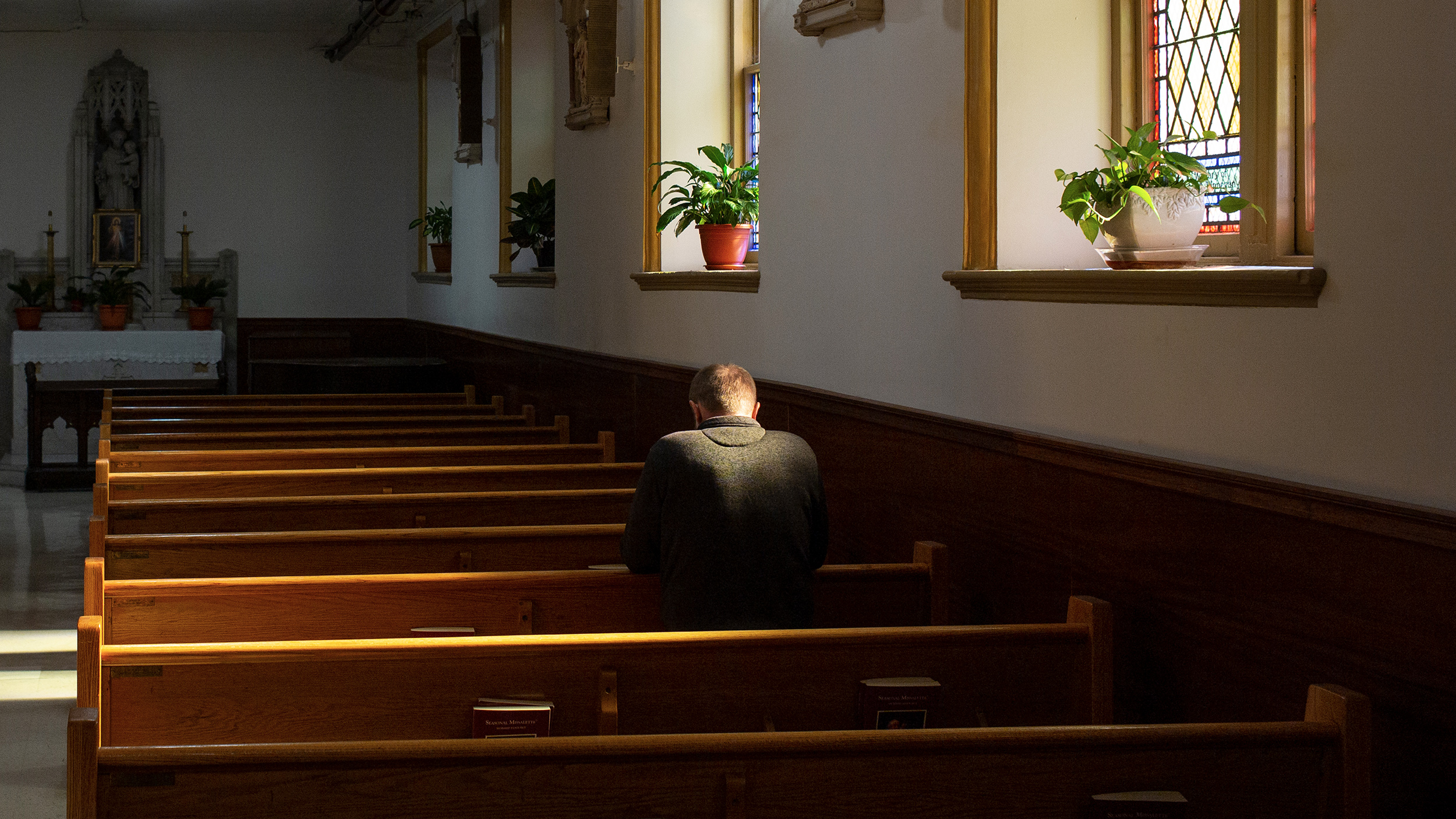Are religious people more moral than atheists?

“Global evidence of extreme intuitive moral prejudice against atheists.”
That’s the in-your-face title of a study recently published at Nature.com. And it’s got some people buzzing.
The study was led by Will Gervais, a self-described “evolutionary and cultural psychologist who is interested in why people believe what they believe about the world.” He directs the Belief and Morality Lab at the University of Kentucky.
In a response titled “Can You Be Good Without God?”, Daily Beast writer Brandon Withrow begins by highlighting a sobering finding from Gervais’s findings: most people conclude that a serial killer is far more likely to be an atheist than religious.
“While this assessment may resonate with many religious individuals,” writes Withrow, “it undoubtedly is far from the conscious conclusions of most atheists, who find social prejudice difficult to overcome.”
Meanwhile, Phys.org highlights the finding that even atheists “still hold the view that people will do bad things unless they fear punishment from all-seeing gods.”
People don’t practice what they preach
Dimitris Xygalatas, one of the co-authors of the study, elaborated on the findings in a recent essay titled “Are Religious People More Moral?” Xygalatas argues that people generally don’t “practice what they preach,” citing an experiment known as “the Good Samaritan Study” in which “religiosity showed no role in helping behavior.”
“Overall,” writes Xygalatas, “the results are clear: No matter how we define morality, religious people do not behave more morally than atheists, although they often say (and likely believe) that they do.”
Connor Wood, founder of the Science on Religion blog, isn’t quite buying it. In a recent post—“Yes, religion is connected with morality. Here’s how”—Wood acknowledges that the connection between religion and morality is complex, and “it’s good that we’re studying it more intensively.”
“But,” writes Wood, an occasional contributor to ORBITER, “there are several problems with Xygalatas’s think piece that muddy the waters, making it more difficult to clearly assess how and whether religion is or isn’t related to morality.”
Wood goes on to elaborate on what he sees as four flaws with Xygalatas’s essay, including that it “gets some crucial facts wrong about religion’s effects on behaviors.”
The post Are Religious People More Moral than Atheists? appeared first on ORBITER.





